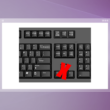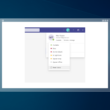Is your Windows opening programs on the second monitor instead of the main monitor?
Using dual monitors is a great way to improve work efficiency. This setup uses two screens attached to a single computer, and with the right components, the number of monitors can also be increased to three or more.
A dual monitor setup allows you to use different programs simultaneously while enhancing your communication and collaboration skills. After all, what’s better than being able to walk through the reference files on one screen while video chatting with your teammates on the other at the same time!
Some users recently reported that Windows is opening specific programs on their second monitor instead of the main monitor. If you are facing a similar issue, you’re in the right place.
We had a look into this matter and were able to gather the most effective solutions that would help you resolve the issue in no time.
Let’s dive right in!
1. Update Windows.
If Windows is opening programs on a second monitor instead of the main monitor, then the first thing you should try is updating Windows. The latest Windows updates are packed with new features and fixes capable of solving the temporary errors in no time.
Here is how you can install the pending updates in your PC:
- Open a Run dialogue box by pressing Windows + R keys simultaneously.
- Type ‘ms-settings:windowsupdate’ in the dialogue box and hit Enter.
- Inside the Windows Update tab, click on Check for Updates.
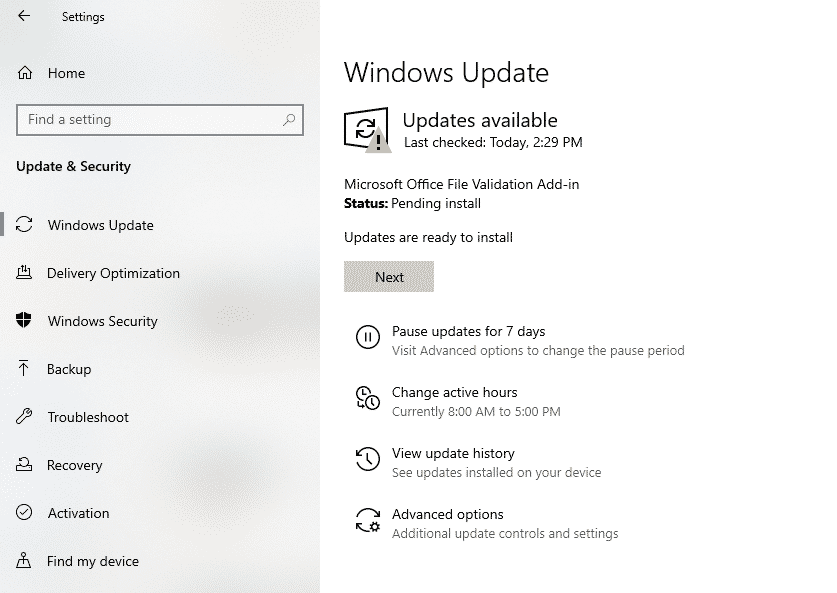
- If there are any pending updates on your PC, follow the on-screen instructions to install them.
- Once done, check if updating Windows to its latest build resolved the error.
If bugs in the system prevent Windows from opening programs on the main monitor, installing the pending updates will fix it. However, if your Windows did not have any pending updates, proceed to the next method below.
2. Fix the Display Settings.
Another easy yet effective method to open programs on the main monitor is by fixing the second monitor’s display settings.
There are times when Windows fails to open programs on the main monitor due to a slight multi-monitor configuration glitch, and disabling the second monitor can fix the issue. You can enable the second monitor again, once the error is resolved.
Here is what you need to do:
- Close the targeted program on your second monitor.
- Right-click on the desktop and choose Display settings.
- Select Display from the left panel and in the Display window, locate Multiple Displays.
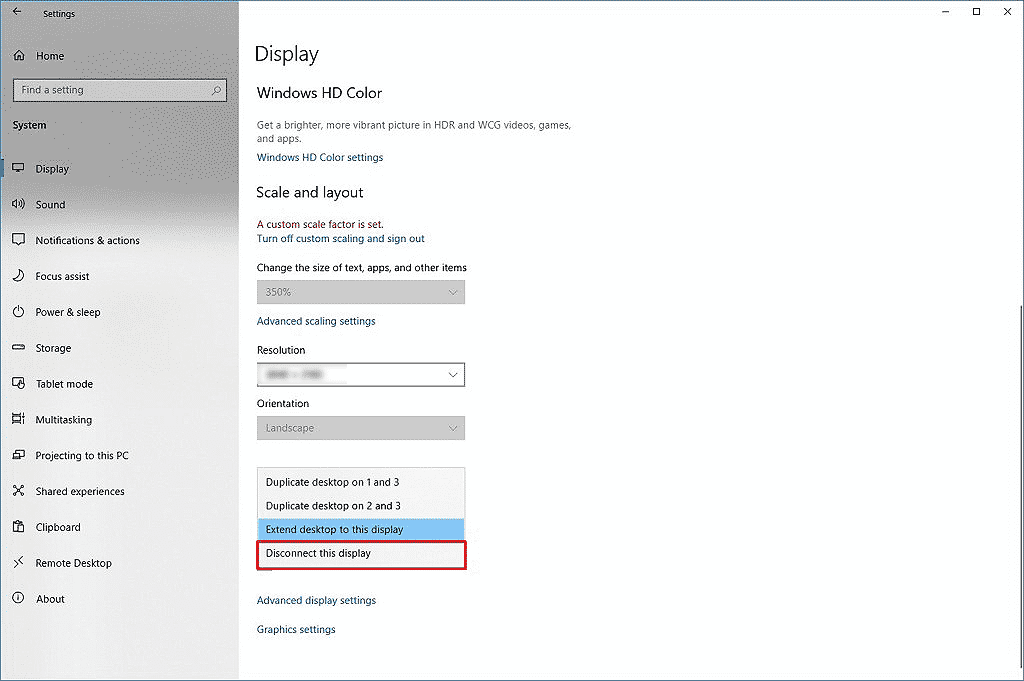
- Under Multiple Displays, click on the second monitor and disconnect it.
- Once done, restart your PC.
- Now launch the program on the targeted device and check if the issue is resolved.
You should now be able to use the program on the main monitor without any problems.
However, if the program launches on the second monitor even after a reboot, follow the steps mentioned below:
- Right-click on the Windows icon on the taskbar and select Device Manager from the list of options available.
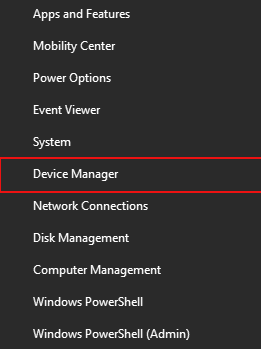
- Click on View and choose Show hidden devices.
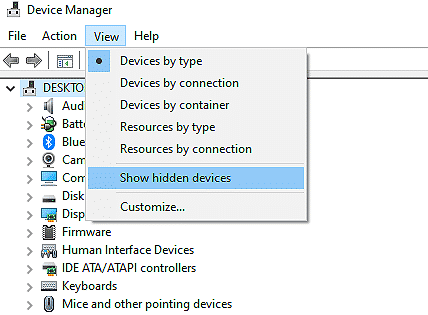
- Now locate all the monitors connected to your computer and remove them one by one, except the main monitor.
- Once done, restart your PC and check if the issue is resolved.
Hopefully, you will now be able to use the desired program on your main monitor.
3. Change the Main Display.
If you have not set the main monitor as the main display of your computer, that might be causing the issue. Several programs and applications on Windows open only on the main display, and to use them on your main monitor; you need to change the main display settings.
Follow the steps mentioned below to change the main display of your PC:
- Close the program that you want to use on the main monitor. Do not forget to close all its relevant programs via ‘Task Manager’ as well.
- Now, open Settings and choose System.
- Next, select your main monitor and checkmark the Make this my main display option.
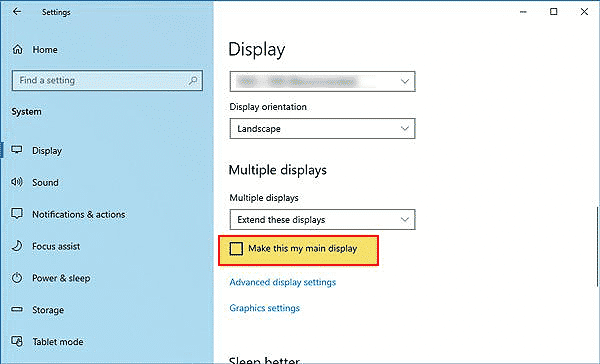
- Once done, close Settings and check if now you can run the desired program on your main monitor.
Making the targeted monitor as your main display will allow you to use most applications on it directly. If you want to use any specific application on another monitor, you can make it your main display by following the steps mentioned above.
4. Switch the Screen.
If changing the display settings did not work for you, you can try to move the application to the main monitor by switching between them.
Don’t worry, the process is straightforward and will take only a few seconds of your time.
Here is what you need to do:
- Press Alt + Space keys followed by m key to activate the Move feature on your PC.
- Now use the Arrow key to move the window and once done, hit Enter to exit the Move mode.
Doing so will allow you to move the program window to your targeted monitor. Make sure you perform this step after minimising the window.
5. Use Third-party Apps.
There are times when Windows fails to open applications on the targeted monitor because it does not offer advanced multi-monitor functionality. A simple solution to this issue is to use any third-party apps with powerful features such as customisable HotKeys and multi-monitor taskbars.
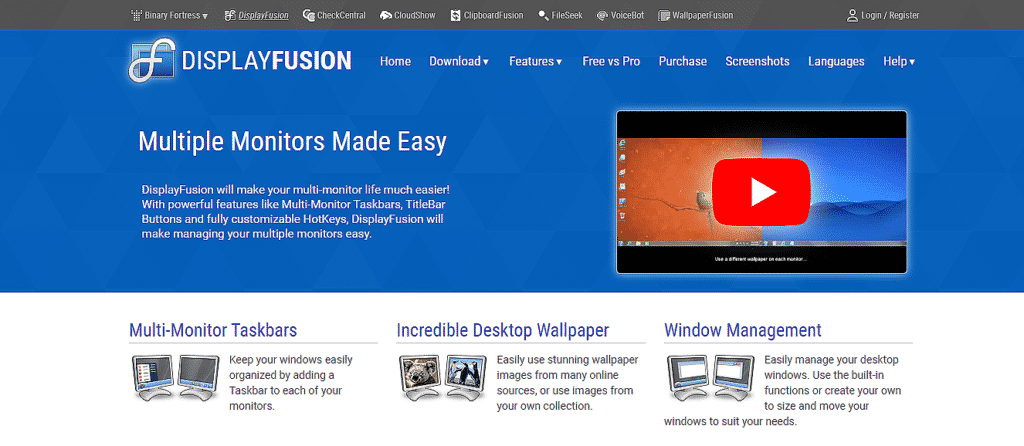
Some of the best software programs to manage dual monitors are:
With a reliable third-party application, you can switch between the screens with a single click and no longer face issues while opening the main monitor programs.
6. Drag the Application to the Targeted Screen.
If you want to open a particular application on your main monitor always, try dragging the application to the targeted screen. It has worked for several users, and we hope it will solve the issue on your PC too.
Here is what you need to do:
- Open the desired application and drag it to the screen where you want to open it.
- Now minimise the screen to half and close it.
That’s it. The program will open on the targeted screen from now onwards. If you want to open the application on another monitor in the future, repeat the same process as mentioned above.
7. Try Using CleanMyPC.
As mentioned earlier, temporary errors such as Windows opening programs on the second monitor instead of the main monitor can frequently occur due to the system bugs. If you do not have the time to install every pending update on your PC to resolve the issue, try cleaning the junk files from your PC.
Over time, junk files get piled up in your computer and affect your PC’s overall performance. The easiest way to clean these junk files is to use a reliable PC cleaner, such as CleanMyPC.
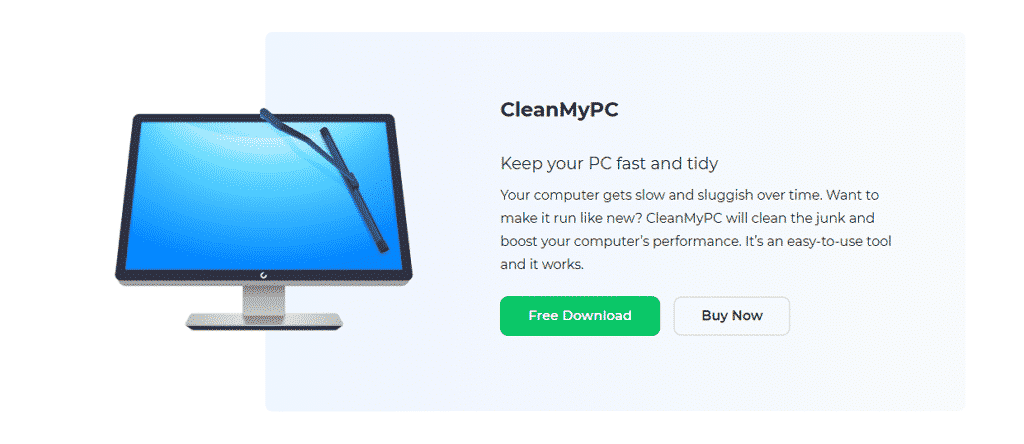
As the name suggests, CleanMyPC is a PC cleaner with an easy-to-use interface and a wide range of system maintenance tools. It scans the system for junk files and eliminates them without damaging any other system components.
Not just this, but CleanMyPC can also improve your computer’s overall performance and speed, so you can keep using your PC like new!
8. Create Application Shortcut.
If none of the methods mentioned above works for you, try creating an application shortcut on the main monitor’s desktop.
Creating a shortcut will allow you to open the application on the targeted device in a single click.
Here is what you need to do:
- Exit the application and its relevant processes via ‘Task Manager’.
- Now locate the exe file of the targeted application on your PC. An easy way to find these is to type exe in ‘This PC’s’ search bar. A list of exe files will appear on your screen. Select the targeted application’s exe file and click on Open file location. Note down the location of the file.
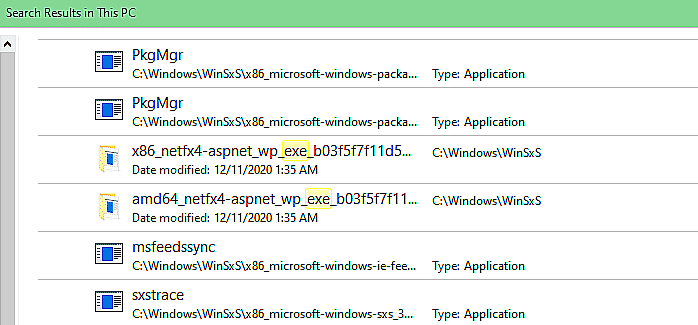
- Next, go to the main monitor by pressing Shift + Windows + Left/Right Arrow keys simultaneously.
- Right-click on the desktop and click on New.
- Select Shortcut.
- Under the Type the item option location option, click on the Browse button and open your exe file’s location.
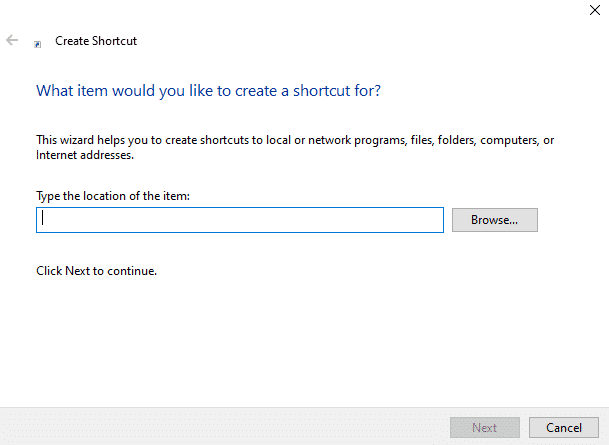
- Click on Next and then select Finish.
- Now check if the application launches in the main monitor via ‘Shortcut’.
- If it does, right-click on the shortcut icon and click on Properties.
- Click on the dropdown menu again and select Maximized.
That’s it. Hopefully, creating a shortcut on the main monitor will solve the issue once and for all.
This brings us to the end of our guide on fixing the dual-screen error on Windows 10. We hope that the solutions we mentioned above were helpful and assisted you in resolving the issue. If you have any questions regarding the troubleshooting steps, please let us know in the comment section below.
If this guide helped you, please share it. 🙂



